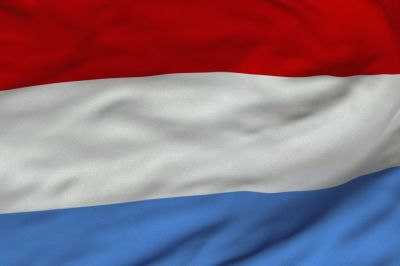Population (mln): 16,66
Official language/s: Dutch, Frisian
Internet TLD: .nl
Calling code: +31
Member of the EU from: 25th March 1957
Unemployment rate Sep 2011 (%): 4,5
Unemployment rate under 25 years Sep 2011 (%): 8,0
Males enemployment rate Sep 2011 (%): 4.5
Females unemployment rate Sep 2011 (%): 4.6
Unemployment rate Sep 2012 (%): 5.4
Unemployment rate under 25 years Sep 2012 (%): 9.7
Males unemployment rate Sep 2012 (%): 5.4
Females unemployment rate Sep 2012 (%): 5.4
Population statistics 20-29 age group 2011 (%): 12,1
Country codes in education system: NL
Expected duration of education (years): 35,8
The Dutch Doctoraat is obtained through the
'Promotie'. It is a research degree which entitles the holder to the title of
Doctor (dr.), the highest university degree in the Netherlands. After the
master's degree, it can be obtained in two ways: 1. by serving as 'Assistent in
Opleiding' (AIO) or 'Onderzoeker in Opleiding' (OIO), i.e. assistant
researchers.
The former also does some teaching. Candidates are required to
carry out the necessary research and to write and publicly defend a doctoral
dissertation over a period of four years. They are paid a small salary which
increases every year. Competition for these positions is tough. 2. By
researching and writing a doctoral dissertation under the supervision of a full
professor. The dissertation must be
defended in public. University level third stage programmes in medical
professions require a total of 300 credits (dentistry) and 360 credits
(medicine, veterinary medicine) to complete.
